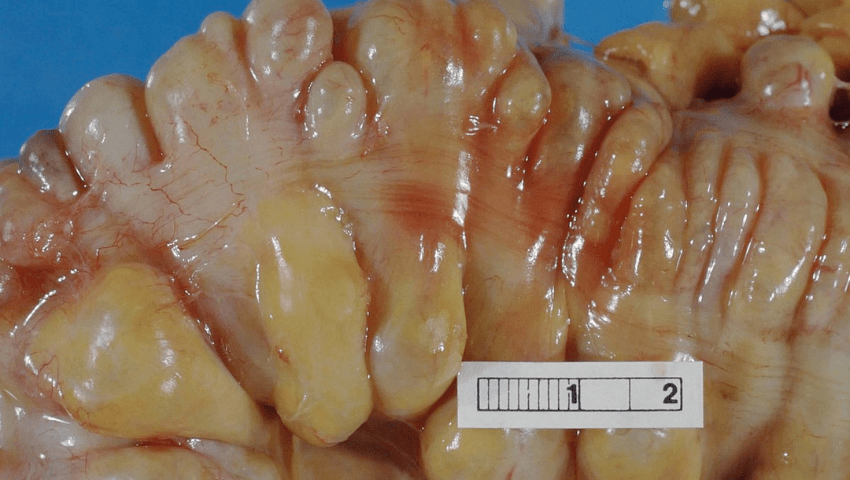- 14/07/2023
- by Dr. Pinak Dasgupta
- Blog
Diverticular disease is a condition where small pouches called diverticula develop in the lining of the colon. These pouches can become inflamed or infected, leading to diverticulitis. Let’s explore the causes, symptoms, and treatment options for this common condition.
What is Diverticular Disease?

Intestinal Pouches
Diverticula are small pouches that protrude through weak spots in the colon.

Types of Diverticular Disease
Diverticular disease can refer to diverticulosis, where diverticula are present but do not cause symptoms, or diverticulitis, where the diverticula are inflamed or infected.

Symptoms
Common symptoms of diverticular disease include abdominal pain, bloating, constipation, and diarrhea.
Causes and Risk Factors
- Diet: A diet low in fiber can increase the risk of diverticular disease.
- Age: The risk of diverticular disease increases with age, particularly after age 40.
- Genetics: A family history of diverticular disease can increase the risk.
- Lifestyle: Smoking, obesity, and lack of exercise can increase the risk.

Procedure Highlights
01
Medical History
Your doctor will ask about your symptoms, medical history, and family history of diverticular disease.
02
Physical Exam
Your doctor will perform a physical exam, including a rectal exam, to check for tenderness or swelling in the abdomen.
03
Colonoscopy
A colonoscopy is a procedure where a long, flexible tube with a camera is inserted into the colon to look for signs of diverticular disease.
Treatment Options
Dietary Changes
Increasing fiber intake can help prevent diverticular disease and relieve symptoms.
Medications
Antibiotics, pain relievers, and other medications may be prescribed to treat symptoms or infections.
Surgery
Surgery may be needed in severe cases where complications such as abscesses or perforations, stricture occur.
Lifestyle Changes
Quitting smoking, exercising regularly, and maintaining a healthy weight can help prevent diverticular diseas

Summary and Conclusion
Diverticular disease is a common condition that can cause abdominal pain, bloating, and other uncomfortable symptoms. While it can be managed with dietary and lifestyle changes in many cases, surgery may be needed in severe cases. By making changes to your diet, exercise habits, and overall lifestyle, you can reduce your risk of developing diverticular disease and maintain good digestive health.



